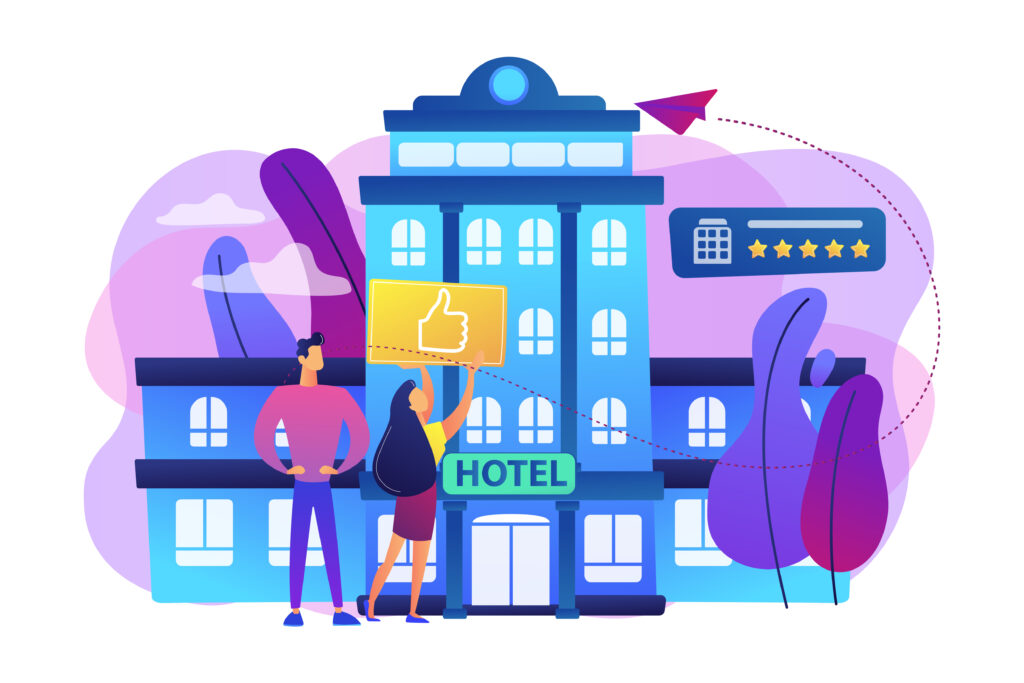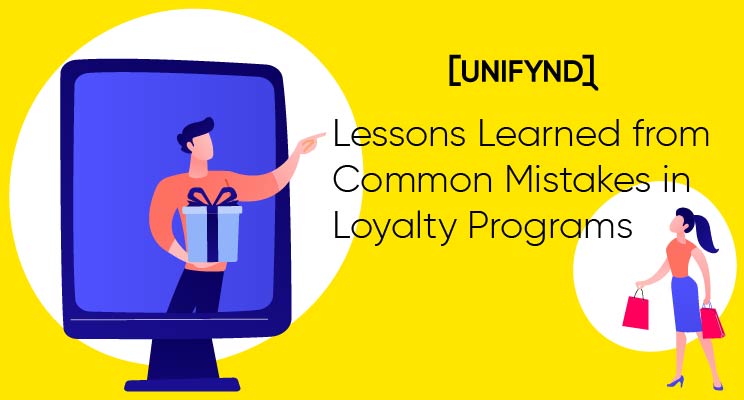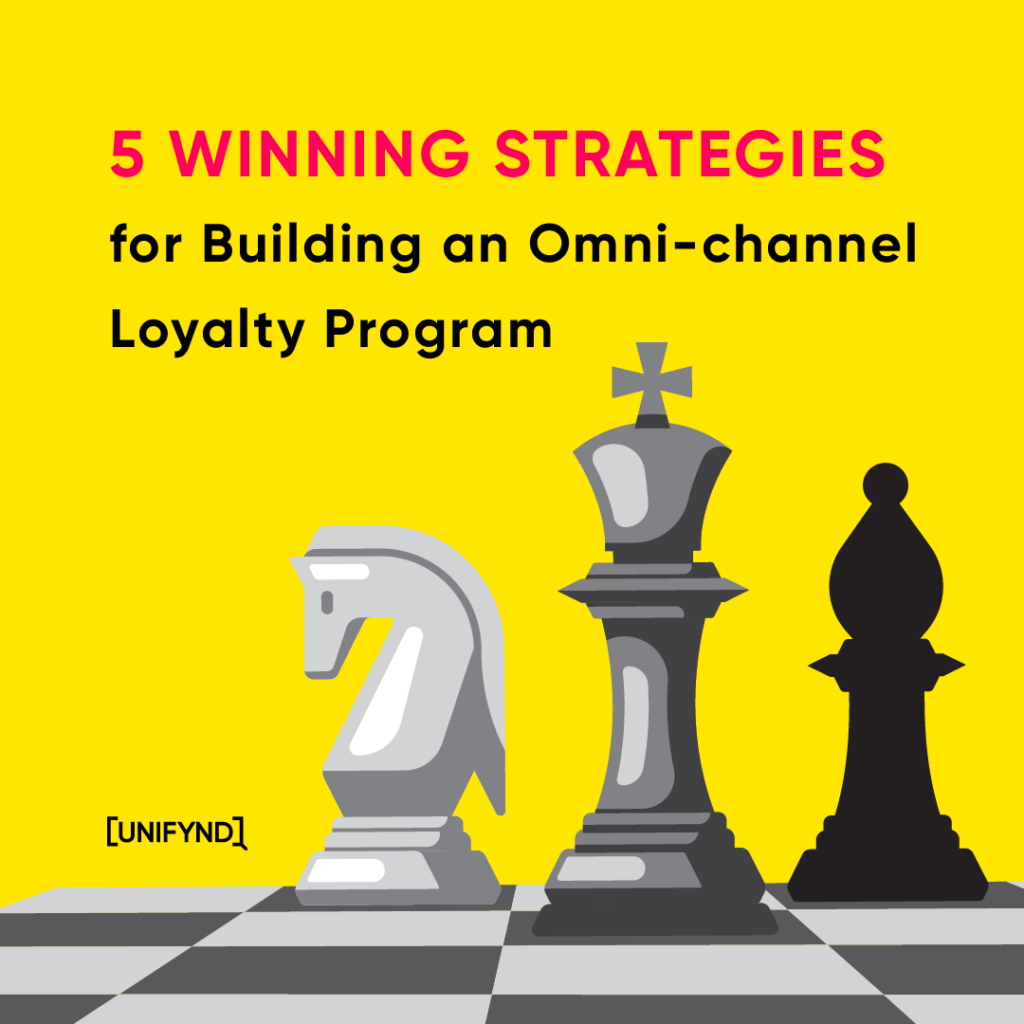In an industry that thrives on delivering exceptional experiences, loyalty programs have emerged as a powerful tool for attracting and retaining customers, fostering long-term relationships, and driving sustainable business growth.
In this blog, we explore the latest trends, strategies, and insights that make loyalty programs a game-changer in the competitive landscape of the hospitality industry. From personalized experiences to mobile integration and experiential rewards, we uncover the innovative approaches that are reshaping loyalty programs and captivating the hearts of modern consumers.
Join us as we dive into the exciting realm of loyalty programs and discover how they can unlock a multitude of benefits for hospitality businesses. Whether you’re a hotelier, restaurateur, or service provider, understanding the potential of loyalty programs can help you create a loyal customer base, increase revenue, and thrive in a dynamic market.
Significance of customer loyalty in the hospitality sector
Customer loyalty plays a significant role in the hospitality sector for several reasons:
Repeat Business: Loyal customers are more likely to return to the same hotel or chain for their future accommodation needs. They develop a preference for a particular brand based on their positive experiences, which leads to repeat business. This helps hotels maintain a steady revenue stream and reduces the need for constant marketing efforts to attract new customers.
Revenue Generation: Loyal customers tend to spend more on hotel services and amenities. They are more likely to upgrade their rooms, dine at on-site restaurants, utilize spa and wellness facilities, and make use of other services offered by the hotel. Their higher spending contributes to increased revenue and profitability for the hotel.
Brand Advocacy: Loyal customers become brand advocates and ambassadors for the hotel or chain. They actively promote the brand on social media, review websites, and travel forums, sharing their positive experiences with a wider audience. This type of organic promotion can significantly impact the hotel’s visibility and attract new customers.
Given these reasons, customer loyalty is a crucial aspect of success in the hospitality sector. By implementing effective loyalty programs and delivering exceptional customer experiences, hotels can foster long-term relationships with their guests and reap the benefits of their loyalty.
Impact of Loyal Customers on Revenue and Business Growth
Loyal customers have a substantial impact on revenue and business growth. By nurturing and maintaining strong relationships with them, businesses can leverage their loyalty to drive sales, reduce costs, and expand their customer base.
Here are some key impacts of loyal customers on a business:
Word-of-Mouth Marketing: Positive experiences are more likely to be spread among loyal customers’ friends, family, and coworkers. They serve as brand ambassadors, promoting your company, its goods, and its services. This organic form of marketing can bring in new clients who value referrals from individuals they know, boosting sales.
Reduced Marketing Costs: It normally takes a lot of time and money to acquire new consumers. Loyal clients, however, have already been attracted and have a greater retention rate. Businesses may allocate those resources to other expansion strategies by focusing on maintaining a solid relationship with existing customers.
Customer Lifetime Value (CLV): Loyal customers tend to have a higher customer lifetime value, meaning they generate more revenue throughout their engagement with your business. They not only contribute to immediate sales but also provide a long-term revenue stream. Increasing CLV is crucial for sustainable business growth.
As we discover the impact of loyal customers on the development and growth of businesses, it is important to recognize the objectives of loyalty programs in the hospitality industry.
Loyalty Programs and their Objectives in the Hospitality Industry
In the hospitality sector, loyalty programs are frequently utilized as a powerful tool to draw in and keep consumers. These initiatives seek to grow a loyal customer base, promote repeat business, and raise client happiness.
Let’s look at some of the goals that a loyalty program caters in the hospitality sector:
Customer Retention: One of the primary goals of loyalty programs is to retain existing customers. By offering rewards, incentives, and exclusive benefits, loyalty programs create a sense of value and appreciation for customers who consistently choose a particular hospitality establishment. Retaining customers is often more cost-effective than acquiring new ones.
Customer Engagement and Satisfaction: Loyalty programs aim to enhance customer engagement and satisfaction by providing personalized experiences and exclusive perks. Tailored offers, special privileges, and personalized communication demonstrate a business’s commitment to meeting individual customer needs, leading to higher levels of satisfaction and loyalty.
Customer Data and Insights: Loyalty programs provide a wealth of customer data and insights that can be leveraged for marketing and business decisions. Through these programs, businesses can gather information about customer preferences, behavior, and spending patterns. This data helps in understanding customer needs, improving marketing strategies, and making informed business decisions.
Let us dive into some of the loyalty program trends that have developed in the last few years and understand how it has a lasting impact on loyal customers.
Loyalty Program Trends in the Hospitality Sector
The hospitality sector is continually evolving, and loyalty programs need to adapt to meet changing customer expectations and preferences.
Here are some emerging trends in loyalty programs that are helping the hospitality sector:
Personalization: Personalization is becoming increasingly important in loyalty programs. Customers expect tailored experiences, offers, and rewards based on their preferences and behaviors. Loyalty programs are utilizing data analytics and AI technologies to gather customer insights and deliver personalized recommendations, promotions, and experiences. This trend enhances customer satisfaction and strengthens loyalty.
Integration: With the widespread use of smartphones, loyalty programs are leveraging mobile apps and digital platforms to enhance engagement and convenience. The integration allows customers to easily access and manage their loyalty accounts, redeem rewards, receive personalized notifications, and provide real-time feedback.
Gamification: Gamification elements are being incorporated into loyalty programs to make them more engaging and enjoyable. Loyalty programs are integrating challenges, quests, and competitions where customers can earn points, badges, or levels, adding an element of fun and excitement. Gamification encourages active participation, drives repeat business and fosters a sense of achievement and loyalty.
Partnerships and Coalition Programs: Hospitality loyalty programs are increasingly collaborating with other businesses and forming coalition programs. These partnerships allow customers to earn and redeem rewards across multiple brands and industries. For example, a hotel loyalty program may partner with airlines, car rental companies, or retail brands, offering customers more flexibility and value in their loyalty rewards.
Experiential Rewards: Instead of solely focusing on traditional points-based rewards, loyalty programs in the hospitality sector are emphasizing experiential rewards. Customers are offered unique experiences such as exclusive access to events, backstage tours, culinary experiences, or spa treatments. These experiential rewards create memorable moments and enhance customer loyalty by providing extraordinary and personalized experiences.
Conclusion
It is crucial for hospitality businesses to recognize the immense potential of loyalty programs in driving revenue growth, customer satisfaction, and brand advocacy. By investing in a well-designed loyalty program, businesses can build a loyal customer base that continues to choose their services, drives repeat business, and becomes brand advocates, attracting new customers through word-of-mouth. As the hospitality sector continues to evolve, loyalty programs will remain a key strategy for success. Embracing innovation, staying customer-centric, and continuously adapting to changing trends will be essential to creating loyalty programs that stand out in a competitive marketplace.
So, unlock the power of loyalty programs in the hospitality sector and watch your business thrive as you forge stronger connections with your customers and create memorable experiences that keep them coming back for more.
To begin your loyalty journey with Unifynd, reach us at growth@unifynd.com







